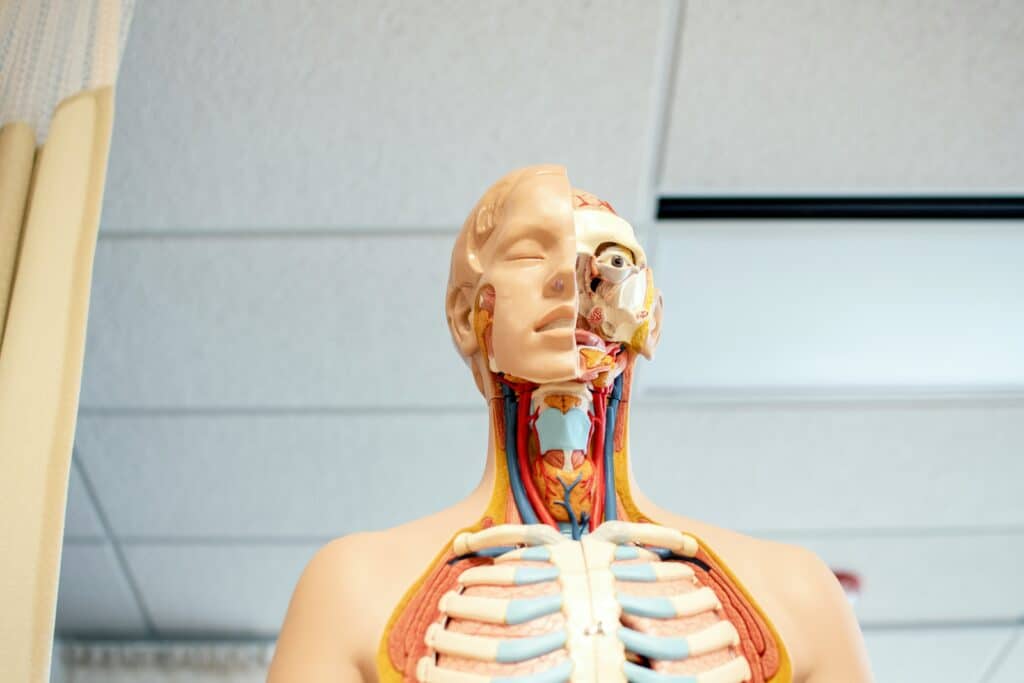We’re thrilled to introduce Heather, the newest addition to the WorkHealth team! With her extensive experience as a nurse practitioner, Heather will be conducting consultations and health surveillance, bringing a wealth of experience to their services. Her passion lies in exploring the intersection of work and health and understanding how they can harmonise to promote a healthy economy.
Join us in welcoming Heather as she shares her first article with us.
Occupational health isn’t just about getting a jab in the arm before starting your career; it’s woven into the fabric of workplace culture.
In today’s world, where safety and wellbeing are paramount, there’s a plethora of evidence suggesting that safe working practices not only prevent accidents, injuries, and illness at work but also foster a healthier, happier workforce. Mental health and wellbeing are finally getting the spotlight they deserve, emphasising the importance of supporting employees through resources and understanding.
Occupational health (OH) is a unique speciality, unlike any other. Just like you’d see a cardiac specialist for a heart health condition, occupational health specialists focus on supporting individuals in their work environment. With the potential to touch every working adult’s life at some point, its importance cannot be overstated.
The World Health Organisation describes OH as a crucial aspect of public health, aiming to promote and maintain the highest levels of physical, mental, and social wellbeing for workers in all occupations. This is a very profound statement when evidence suggests that accessibility remains an issue, reaching, at best, 50% of the UK working population.
Our health fluctuates constantly, but not always in line with how busy or engaging our workdays are. There’s a balance to be struck between work’s positive and negative impacts on our health.
Everyone’s tolerance for stress and physical demands varies, making it essential to tailor support accordingly. Occupational health services play a vital role in identifying individual needs and ensuring that employees have the necessary resources to thrive. When we give our best, we feel good, which makes it easier to support our colleagues more effectively.
But true health promotion goes deeper than having a fruit bowl in the breakroom. By offering access to health checks and personalised guidance, occupational health teams empower employees to make positive lifestyle changes. Identifying trends within organisations allows for targeted strategies to improve everyone’s health.
Navigating health challenges can be daunting, and we’re often intensely private about these struggles, which can be mentally and physically draining.
However, promoting occupational health creates a supportive work environment where individuals feel comfortable seeking help. By fostering understanding and appreciation for each other’s needs and differences, workplace cultures become inclusive and empowering.
When employees feel valued and supported, they can unleash their full potential. After all, health and happiness are the only contagious things worth spreading in the workplace!






